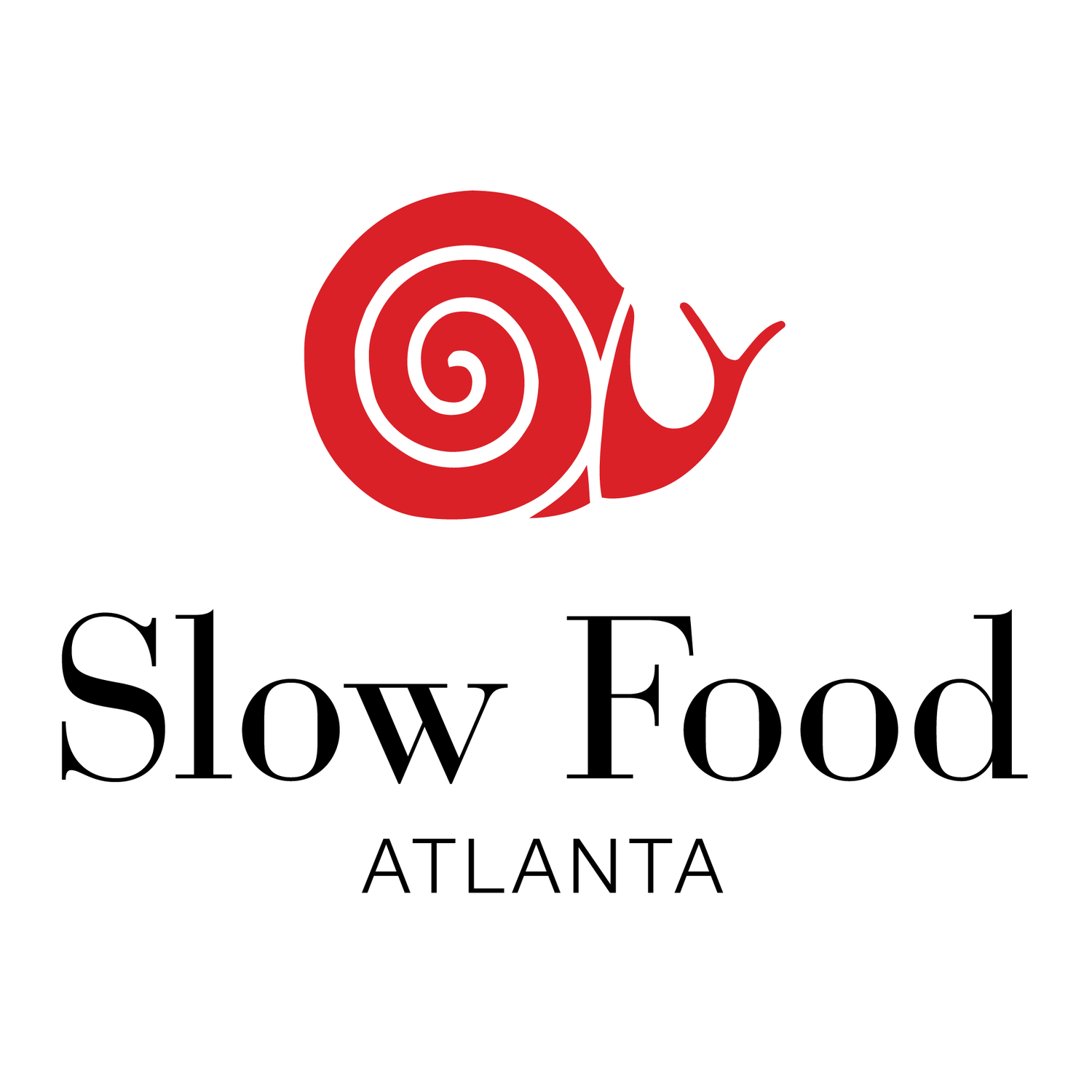Q&A: Jarrett Stieber of Little Bear
/Photo via StarChefs
Jarrett Stieber’s been actively working towards Little Bear since he was 15. At that age, he had just started cooking professionally, kicking off a burgeoning career in restaurant kitchens in and around Atlanta. He spent a decade cooking for other chefs before starting Eat Me Speak Me in 2013, amassing a loyal group of followers with his vegetable-forward dishes adorned with “pretentious flowers,” and blondies endearingly accompanied by whisky milk. After 6 years and a few relocations, he closed the chapter on Eat Me Speak Me to build out a little more permanent of a place to call home for himself, his staff, and Little Bear’s namesake, Jarrett’s Great Pyrenees dog Fernando.
“Little Bear in a nutshell is a restaurant focused on making fine dining more affordable, approachable, and less pretentious, with a focus on hyper seasonal cooking,” Jarrett said. “In fact, we source about 95% of our product from local farms, according to audits conducted by Georgia Organics for their Farmer Champion program.”
This practice is one of the many that also secured Little Bear a Snail of Approval Award. Here, we heard from Jarrett about his commitment to sourcing locally, advice for others who might want to take on that same commitment, and what the Snail of Approval Award means to him.
Why do you support Slow Food?
We support Slow Food because we find it's the best way to be connected to where we are, to reflect the sense of place as thoroughly as possible. There is amazing product growing all around by other small business owners like myself—why would I buy luxury ingredients from conventional sources across the globe when I can keep my money right here in my community?
What aspects of your business practices align with Slow Food’s mission and values?
The aspects of Slow Foods that align with our business practices are mainly through how we source ingredients—locally from small farms around us. We also do our best to minimize waste by finding creative uses for traditional waste by-products (herb stems, melon skins, squash seeds, etc.), both in the kitchen and through our bar program. Another aspect where we align is in creating a positive, wholesome, safe, and sustainable environment for our employees, from paying a realistic living wage to providing our full-time employees healthcare.
What’s special about the food scene and Slow Food community in Atlanta?
What makes Atlanta’s food community so special is how many restaurants are actually focused on sourcing, at least a little bit, locally. Outside of the Bay Area of California, where local focused, American “nouveau” cuisine started, there isn't another part of the country more committed to reflecting seasonally in an authentic way than the Atlanta area. The climate and soil here also allows for a wide range of produce to be grown and livestock to be raised, and we also have a surprisingly high amount of sustainable seafood businesses from the North Georgia mountains to the Georgia coast. I love how particularly creative and motivated many of the farmers around here are to grow unique, beautiful, and exciting produce that keep us restaurateurs inspired.
What advice do you have for businesses or individuals wanting to commit more to Slow Food principles or be better advocates for food justice?
My advice is 1) to be genuine and not simply use them as a marketing scheme to attract customers who think you're more “farm to table” than you are in reality; 2) to not be afraid to reach out to other businesses walking the walk and talking the talk for advice on how to institute Slow Food practices within our restaurants, so we can grow a sense of camaraderie amongst our small business scene in Atlanta; and 3) to stop hiding behind the crutch of the phrase “whenever possible” (i.e., “We source locally whenever possible.”)—because it's always possible! It just takes some extra effort and commitment to doing things the right way.
What does it mean to you to have won the Snail of Approval award?
The Snail Approval Award is about transparency. When people see the Snail of Approval and the Georgia Organics Farmer Champion Gold Tier decals at our restaurant, I want them to know we stand behind certain values and we put our money where our mouth is. For Little Bear, the way we source isn't just a marketing gimmick—it's an ethos, our backbone. The way we treat our staff and value them as people and essential members of our business is about creating a space where people can push themselves and grow in this industry, but in a comfortable way for their lives inside the restaurant and outside of it.x


